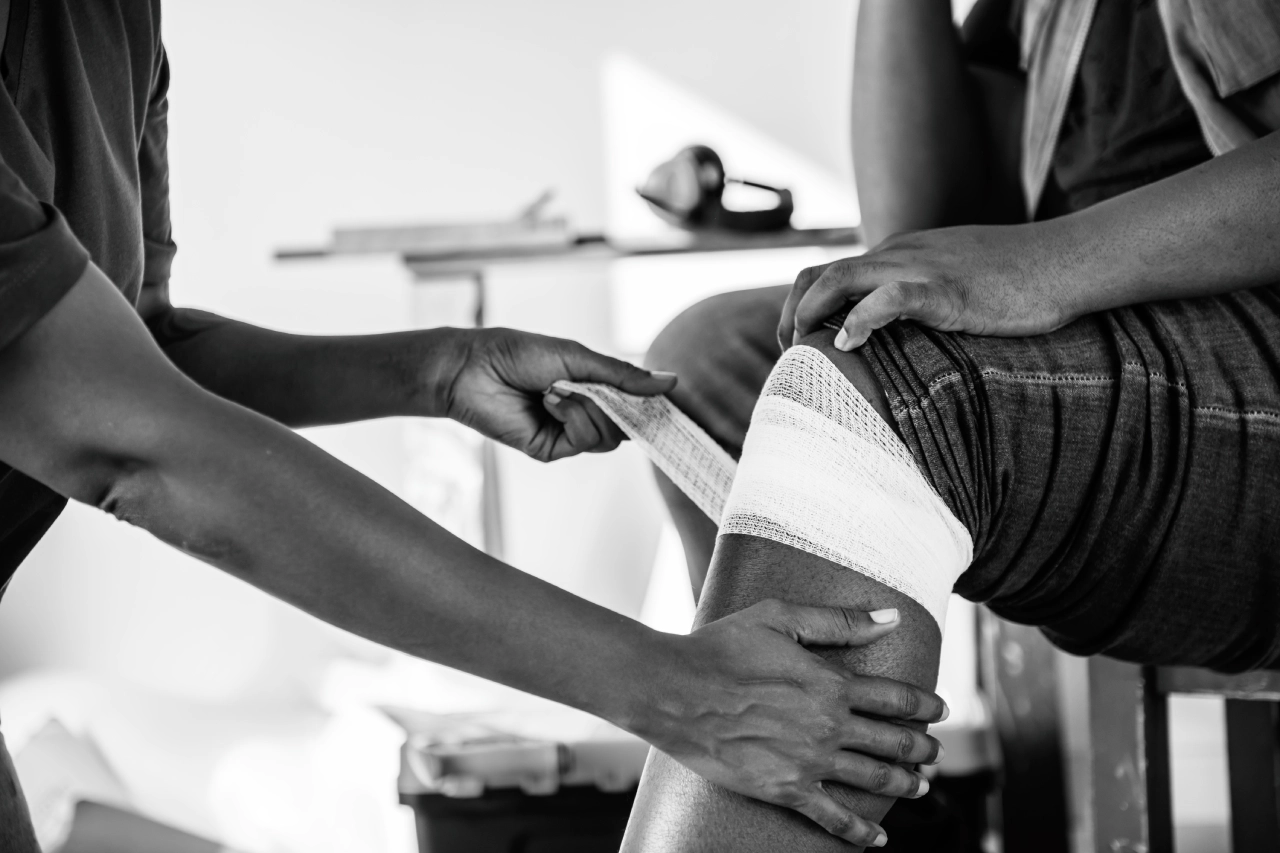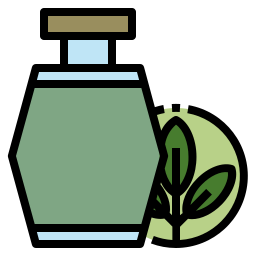Some wounds take longer than expected to close—and when that happens, many people turn to natural remedies hoping for relief. While certain home treatments may offer temporary comfort, it’s important to understand when they can help—and when it’s time to seek advanced wound care.
At R3 Wound Care and Hyperbarics, we help patients across Texas recover from chronic, non-healing wounds using medical-grade treatments like Hyperbaric Oxygen Therapy (HBOT). Here’s what you should know about natural options and when professional care is the better choice.


Wounds that linger for weeks or months without closing may be classified as chronic wounds. These are often caused or worsened by:
Without proper treatment, these wounds can become painful, infected, or even life-threatening.
While not substitutes for medical care, some natural remedies are used to manage wound symptoms. Here are a few:

Honey, especially medical-grade Manuka, is sometimes used on minor wounds for its antibacterial effect, but it’s not a substitute for sterile, clinical wound care.

Aloe vera may soothe the skin and reduce inflammation, but it does not help heal deep or infected wounds and should not be relied on for chronic wound treatment.

Though known for anti-inflammatory benefits, turmeric can introduce bacteria if applied directly to wounds and is not safe for managing non-healing injuries.

Tea tree oil offers antimicrobial support, but applying it undiluted on open wounds can lead to skin irritation or allergic reactions, making it a risky option.

Coconut oil may hydrate dry skin and offer mild antibacterial properties, but it’s not effective for healing chronic or infected wounds and is not clinically recommended.

Calendula extract is used for its soothing and anti-inflammatory effects, but while it may help with minor skin issues, it’s not suitable for deeper, chronic wounds.
We specialize in treating wounds that don’t heal on their own. Our team uses advanced treatment strategies such as:

HBOT delivers oxygen in a pressurized chamber to help oxygen-rich blood reach damaged tissue, encouraging faster healing, new cell growth, and reduced infection risk.

We apply evidence-based dressings that support faster tissue regeneration, prevent external contamination, and maintain an ideal environment for chronic wound healing.

Our team reviews your medical history, wound type, and lifestyle to create a plan that targets your specific needs and supports a safe, efficient, and lasting healing process.
We offer non-hospital-based care with clinics located in:
Arlington – Keller – Stone Oak – Frisco – Argyle – Flower Mound – Castle Hills – Kingwood – Pearland
Get hospital-quality wound care without the hassle of hospital visits. Our clinics provide easier access and more affordable treatment options for patients with complex or non-healing wounds.
Yes, but always tell your wound care specialist what you’re using. Some remedies may interfere with treatment.
Look for redness, swelling, pain, pus, or a foul smell. These signs mean you should see a professional immediately.
Yes. Hyperbaric Oxygen Therapy is FDA-approved for chronic wound treatment and closely monitored by trained professionals.
No referral is needed. You can contact any of our Texas locations directly to schedule your first visit.
Natural remedies might offer short-term comfort—but if your wound won’t heal, don’t delay getting help. The longer you wait, the higher your risk of infection and long-term damage.
📍 Find a clinic near you and book a consultation at R3 Wound Care and Hyperbarics today. Healing is possible—with the right care.
WOUND CARE AND HYPERBARIC OXYGEN THERAPY
Located in The Dallas-Fort WORTH, Houston and San Antonio Areas of Texas